Characteristics of Hallucinations
Basically, hallucinations are manifested through seeing, feeling, hearing, touching, and tasting something that does not exist. Most commonly, however, people only hear or see the unreal object of their hallucinations, even though these other sensory qualities can be present as well.
Hallucinations happen for many different reasons and usually take place at night while sleeping. Still, a person enduring hallucinations is rarely aware of the fact. Also, this individual often cannot perceive whether he/she was sleeping or awake when the hallucination took place. Thus, hallucinations commonly happen just before you are to fall asleep or just before you are to wake up.

Reasons Behind Hallucinations
One of the most common causes of hallucinating during the night is insomnia. Insomnia is a sleeping disorder manifesting through one's inability to sleep due to the fact that he/she is troubled by stress and worrying about his/her life and the problems related to it. Underlying illnesses can also trigger this condition.
Being completely exhausted before going to bed can trigger hallucinations too. Moreover, if you cannot manage to sleep tightly and are prone to waking up many times during the night, your chances of having hallucinations increase.
- A total of 476 articles were identified. Of these, 21 were eligible for inclusion.
- Duration of sleep loss ranged between 24 h and 11 nights (total 760 participants; average 72–92 h without sleep). All studies except one reported perceptual changes, including visual distortions (i.e., metamorphopsias), illusions, somatosensory changes and, in some cases, frank hallucinations.
- The visual modality was the most consistently affected (in 90% of the studies), followed by the somatosensory (52%) and auditory (33%) modalities.
- Symptoms rapidly developed after one night without sleep, progressing in an almost fixed time-dependent way.
- Perceptual distortions, anxiety, irritability, depersonalization, and temporal disorientation started within 24–48 h of sleep loss, followed by complex hallucinations and disordered thinking after 48–90 h, and delusions after 72 h, after which time the clinical picture resembled that of acute psychosis or toxic delirium.
- By the third day without sleep, hallucinations in all three sensory modalities were reported. A period of normal sleep served to resolve psychotic symptoms in many - although not all - cases.
Drugs and psychoactive substances can, and usually do, trigger hallucinations in people. Many drug addicts take drugs due to the fact that they want to relax and get their minds off trouble. However, overuse of these substances removes the“positive” effect, leaving drug abusers with nothing but trouble and quite often hallucinations.
As far as the elderly are concerned, their hallucinations are caused by underlying illnesses like brain cancer, head injuries, emotional exhaustion, kidney failure, etc. Hallucinations usually make these people agitated, angry, and paranoid.
Hallucinations in children, on the other hand, usually make them terrified and traumatized, being prone to abrupt mood swings, social seclusion, and strange behavioral patterns in general.
People suffering from dementia have hallucinations quite often. What is more, once this condition evolves, they have trouble separating hallucinations from reality.
Having read all this, you realize that hallucinations are quite a dangerous state of affairs. Thus, the person suffering from them needs to seek medical attention as soon as possible, since the longer you wait, the worse your hallucinations might get.
Those with sleeping issues should work on certain relaxation techniques which will help them sleep while those who are on drugs should stop using them. In general, people should do their best to get hallucinations out of their lives, since this problem, when neglected, can evolve into something far more serious.


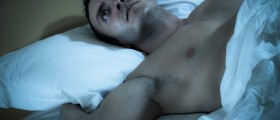
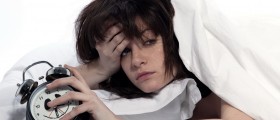

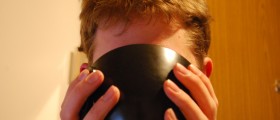

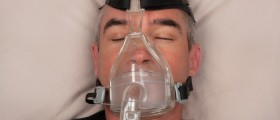
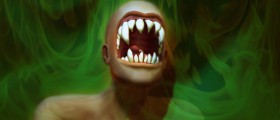








Your thoughts on this
Loading...